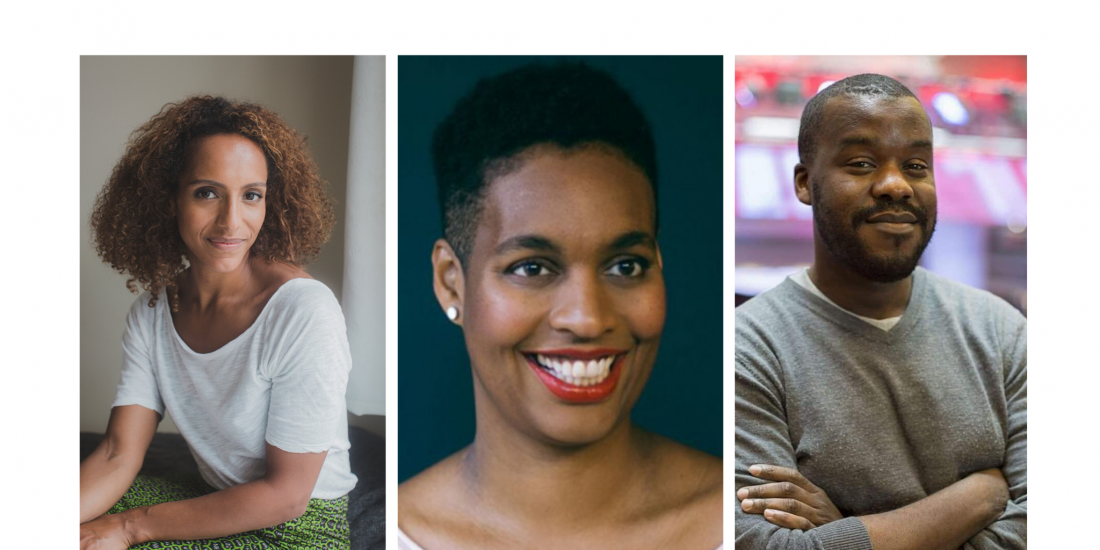A group of more than 200 Black published writers have come together to form the Black Writer’s Guild (BWG) to represent the interests of Black authors in the UK.

As the George Floyd demonstrations rock the globe, publishers have been publicly showing their support for the cause, yet as commendable as that is, what’s not so clear is what they are doing to resolve inequalities and racial bias in their own industry.
The Black Writers’ Guild is demanding real, sustainable change to the mainstream publishing world. A world where Black authors are systemically undervalued. Some of Britain’s best-known literary artists are speaking out, lending their voice and platform to the cause.
More than 200 writers, many of whom we have featured in Melan Magazine, including Dorothy Koomson, Bernardine Evaristo, and activist and author Afua Hirsch, have signed their name to an open letter, which states: “We are calling on you to help us tackle the deep-rooted racial inequalities in the major corporate publishing companies and support grassroots Black literary communities such as booksellers, book clubs and the Black Writers’ Guild.”
“It was agreed that we needed a strong and united black writers’ group. A group that could help us, as well as our industry, make the most of the exciting opportunities black writing talent in the UK has to offer…”
The letter was released earlier this week to the “big five” publishers: Hachette, HarperCollins, Macmillan, Penguin Random House, and Simon & Schuster. All of them London-based where a chunk of The Publishers Association annual 2019 Diversity and Inclusion Survey was focused.
Established as the most comprehensive look at UK publishing, The Publishers Association said that ‘significant progress’ still needed to be made to improve racial and regional diversity. It has set a target of 15% of employees being BAME by 2022. There has been some positive headway following the first report in 2017, with 13.0% of respondents identifying as BAME, greater than 2019 (11.6%) yet it has not yet attained the 15% target.
“One of the biggest complaints about publishers amongst Black writers who do not start out with a notable profile is that our books are misunderstood by both editors and the marketing departments,” states the open letter.
View this post on Instagram
The guild has made eight recommendations in the open letter, among them, the need for publishers to address the lack of support for emerging Black talent in London and beyond; the creation of a ring-fenced fund for marketing and specialist publicity focus to support the books of new and emerging Black talent.
It also recommends the publishing industry makes an additional financial commitment to create initiatives that help build and foster readers of the Black community, such as festivals and a literary magazine.
Since the BWG called out the publishing industry, Sharmaine Lovegrove, a publisher herself at Dialogue Books, who formed the BWG with journalist Afua Hirsch and author Nels Abbey, said they’d “had hundreds of positive responses” within hours of floating the idea to writers.”
Speaking to The Guardian, Lovegrove said: “It was agreed that we needed a strong and united black writers’ group. A group that could help us, as well as our industry, make the most of the exciting opportunities black writing talent in the UK has to offer. We want to help guide our industry to become leading lights in the global movement for racial equality.”
To read the British Writers’ Guild’s open letter in full, click here.












